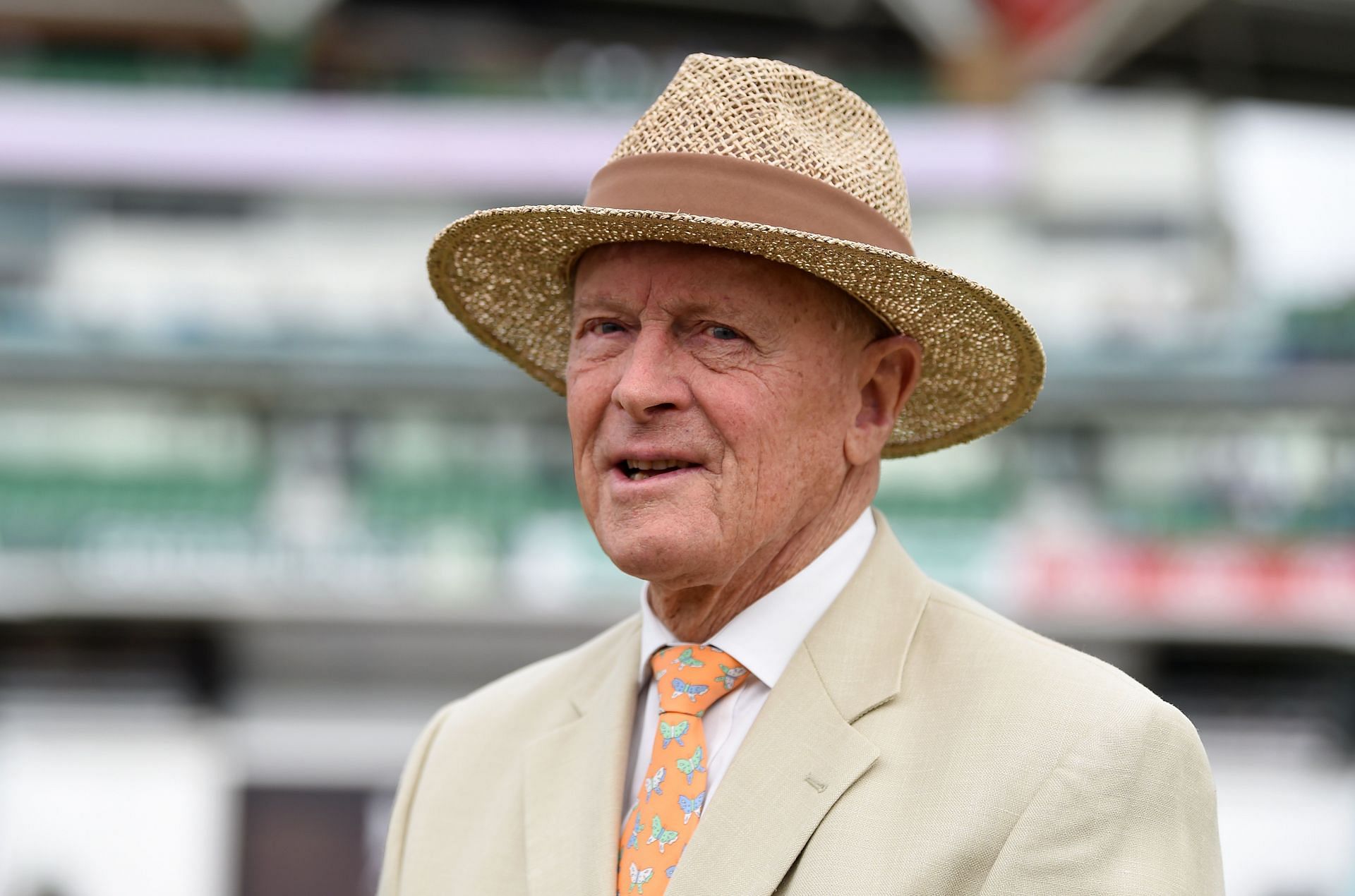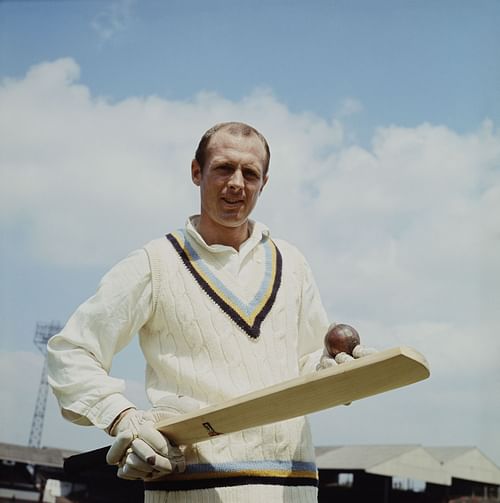
England great Sir Geoffrey Boycott diagnosed with throat cancer for the second time
Legendary England batter Sir Geoffrey Boycott revealed being diagnosed with throat cancer for a second time. He was previously treated for the same 22 years back in 2002 with chemotherapy and radiotherapy.
At 83, Boycott will now undergo surgery in two weeks and revealed the same in a statement to The Telegraph.
"In the last few weeks I have had an MRI scan, CT scan, a PET scan and two biopsies, and it has now been confirmed I have throat cancer and will require an operation. From past experience, I realise that to overcome cancer a second time, I will need excellent medical treatment and quite a bit of luck and, even if the operation is successful, every cancer patient knows they have to live with the possibility of it returning. So I will just get on with it and hope for the best," he said.
During his first cancer diagnosis in 2022, Boycott underwent 35 chemotherapy sessions at 62 to recover.
Renowned for his real talk and no-nonsense nature, he was among the most well-respected commentators and experts of his time.
A glance at Sir Geoffrey Boycott's cricketing career

On the cricketing field, Sir Geoffrey Boycott was among the most solid Test batters in the 1960s and 1970s.
The Yorkshire-born opening batter played 108 Tests for England, scoring 8,114 runs at an average of 47.72 with 22 centuries. Boycott was also part of the English side that finished runners-up in the 1979 ODI World Cup.
His ODI career was limited to only 36 outings, where he scored 1,082 runs at an average of over 36 with a century and 9 half-centuries.
Boycott's first-class record remains exemplary, scoring 48.426 runs with a staggering 151 centuries in 609 games. He is eighth all-time in run-scoring in first-class cricket.
The right-handed batter played nearly two decades for England in Tests and had 16 opening partners, highlighting his longevity in the sport.
Boycott's final Test match came against India at the Eden Gardens in Kolkata in 1982.
Post-retirement, he enjoyed a highly successful Media career, especially on the BBC's Test Match Special team. Boycott finally walked away from the role in 2020.